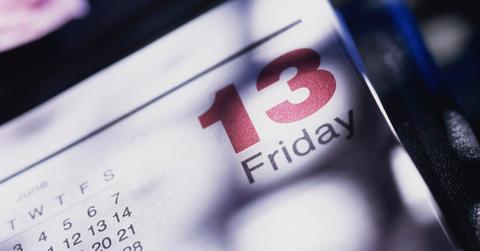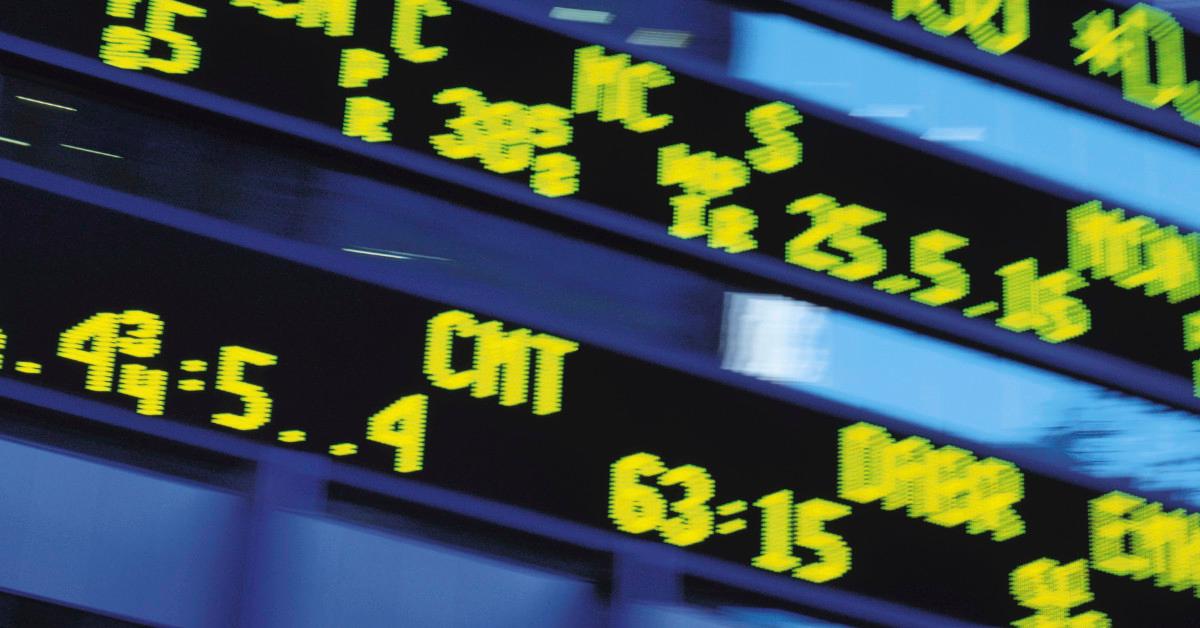Friday the 13th Stock Market History: Is It Unlucky for Investors?
What’s the stock market history for Friday the 13th? Do the markets suffer bad luck? See how Wall Street has performed on the superstitious day.
Aug. 11 2021, Published 1:53 p.m. ET

This Friday, Aug. 13, marks 2021’s sole Friday the 13th, so those who suffer from triskaidekaphobia—fear of the number 13—or paraskevidekatriaphobia—fear of Friday the 13th—are on high alert.
But should stock traders be scared, too? What’s the Friday the 13th stock market history?
Well, if it’s any comfort, U.S. stock indices spiked during the last Friday the 13th on November 13, 2020. The Dow Jones Industrial Average gained 399.64 points, the Nasdaq Composite Index gained 119.70 points, and the S&P 500 Index gained 48.14 points for a record high, according to MarketWatch.
Do stocks fall on Friday the 13th?
A 2019 Barron's analysis of stock market returns across 157 iterations of Friday the 13th found that stocks that trade on Friday the 13th “trade pretty much as they do on any other day on the calendar.”
The worst Friday the 13th on record at the time was October 13, 1989, when the market lost 6.1 percent, according to Barron’s. In contrast, the best Friday the 13th was exactly 11 years later, when the market gained 3.3 percent.

In fact, stocks are more likely to rise on Friday the 13th than they are on any other day. Howard Silverblatt, the senior index analyst for S&P Dow Jones Indices, told Money in 2017 that stocks have risen about 57 percent of the time on Friday the 13th. On any random trading day, Silverblatt added, stocks only rise 52 percent of the time.
The S&P tends to be weaker on instances of Friday the 13th.
Also in 2017, LPL Research found that the S&P 500 had fared a bit worse on average on instances of Friday the 13th than it did on other Fridays, with an average annualized gain of 4.2 percent versus 12.8 percent for all Fridays. The firm also observed that the S&P 500’s two worst Friday the 13th performances occurred in the month of October.
“Unless you break a mirror or see a black cat on Friday, we aren’t in any way saying one day matters more or less than another,” said Ryan Derrick, the senior market strategist for LPL Research. “Still, wouldn’t you know it—Friday the 13th tends to be a weak day on average; but taking it a step further, this day does even worse during October. You can’t make this stuff up!”
Turns out, a stock market promoter popularized the Friday the 13th superstition.
Superstitions around the day Friday and the number 13 go back centuries, as Vox reports, but it wasn’t until fairly recently that bad luck was associated with Friday the 13th. (And it’s just a myth that the superstition started because some Knights Templar were arrested on Friday, October 13, 1307, according to National Geographic.)
According to Vox, the Friday the 13th superstition gained popularity in the 20th century, thanks in large part to a stock market promoter named Thomas Lawson who wrote Friday, the Thirteenth, a 1907 novel about a broker who chooses that day to spur a panic on Wall Street.
“Friday, the 13th, would break the best bull market ever under way,” a character says in that book. Remember, investors, that’s a work of fiction!
